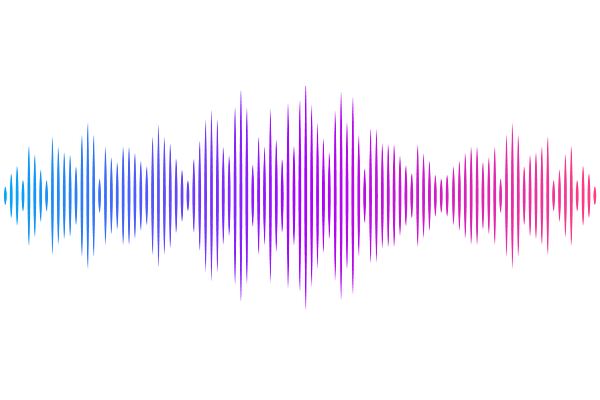Basal activation of ERK1/2 blunts the antimicrobial activity of neutrophils from aged hosts against antibody opsonized Streptococcus pneumoniae

Basal activation of ERK1/2 blunts the antimicrobial activity of neutrophils from aged hosts against antibody opsonized Streptococcus pneumoniae
Simmons, S. R.; Rivera, A.; Ghanem, E. N. B.
AbstractThe decline in neutrophil antimicrobial function renders vaccinated aged hosts less protected against Streptococcus pneumoniae infection. In vaccinated hosts, activation of neutrophils via phagocytic receptors, like complement and Fc{gamma} receptors, mediates bacterial uptake and killing. However, the mechanisms behind changes in signaling downstream of these receptors with age is not known. Mitogen-activated protein kinases (MAPK) are signaling cascades activated in response to cell surface receptors. Using bone marrow neutrophils isolated from young and aged mice, and MAPK phosphorylation array, we found differences in MAPK activation in an opsonin dependent manner (complement vs antibody). Neutrophils from aged mice failed to increase MAPK phosphorylation upon infection with pneumococci opsonized with heat-inactivated (HI) sera from hosts immunized with the pneumococcal conjugate vaccine (PCV), indicating an age-related defect in Fc{gamma}R signaling. Neutrophils from aged mice had higher basal levels of MAPK phosphorylation when compared to young controls, including a 15-fold increase in ERK1/2 phosphorylation. Inhibition of ERK1/2 signaling blunted pneumococcal killing by PMNs from young mice, but improved killing by neutrophils from aged mice, only when the bacteria were opsonized with HI immune but not naive sera. In young human participants, in vitro inhibition of ERK1/2 in neutrophils resulted in decreased pneumococcal killing, but only following PCV vaccination, suggesting that the effects of ERK1/2 inhibition are clinically relevant in vaccinated hosts. This study identifies age-related changes in ERK1/2 activation and demonstrates that balanced activation of this pathway is crucial for neutrophil antimicrobial activity against antibody opsonized bacteria following vaccination in both mice and humans.